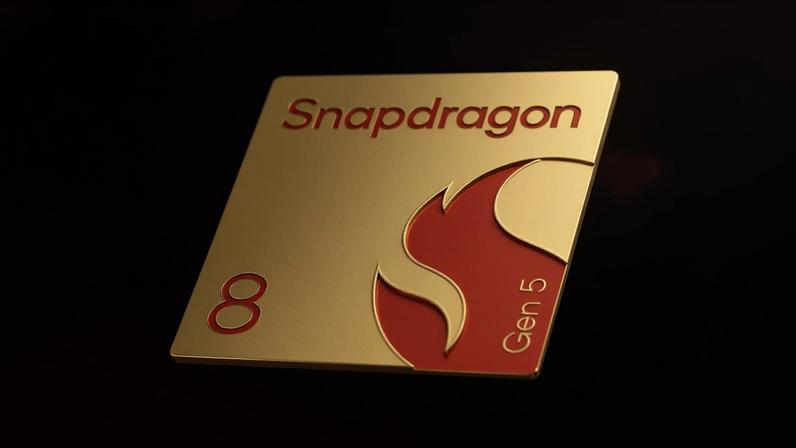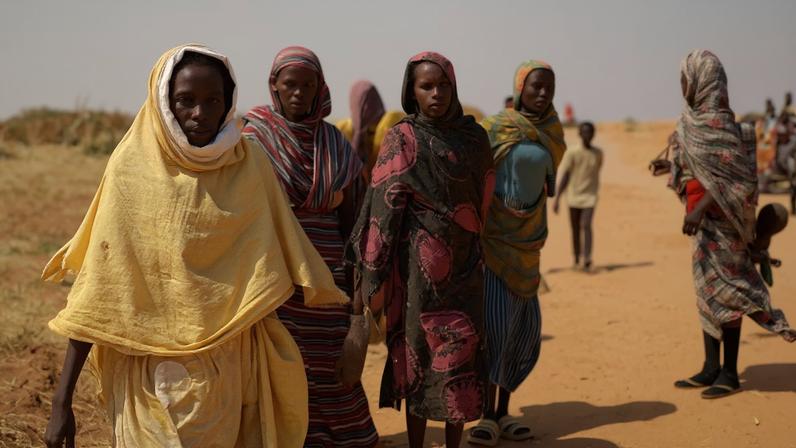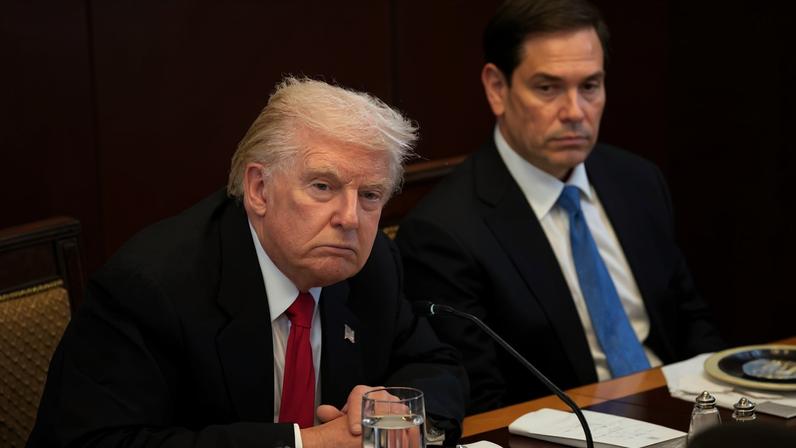- Milhares de filipinos protestaram nas ruas de Manila e outras cidades no domingo, 21 de setembro, contra a corrupção do governo.
- A manifestação reuniu estudantes, grupos religiosos, celebridades e cidadãos de diferentes partidos políticos.
- O governo estima que a economia tenha perdido cerca de £1,48 bilhões nos últimos dois anos devido à corrupção em projetos de controle de inundações.
- Os protestos resultaram em 72 prisões, incluindo 20 menores, e 39 policiais feridos.
- O presidente Ferdinand Marcos Jr. expressou apoio aos protestos e prometeu que as investigações sobre o escândalo não pouparião “nenhuma vaca sagrada”.
Protestos nas Filipinas denunciam corrupção estatal
Tens of thousands of Filipinos took to the streets on Sunday to protest against government corruption, alleging that billions of dollars have been lost to fraudulent flood relief projects.
Students, church groups, celebrities, and citizens from different political camps joined the demonstrations in Manila and other cities.
The Philippine government estimates that the economy may have lost as much as £1.48bn over the last two years due to corruption in flood control projects.
The protests were largely peaceful, but resulted in 72 arrests, including 20 minors, and 39 police officers injured.
Manifestantes pedem justiça
Protesters are demanding accountability and the return of misappropriated funds.
They are calling for those implicated in the corruption to be jailed.
Cardinal Pablo Virgilio David, head of the Catholic Bishops’ Conference of the Philippines, urged the public to demand accountability, stating, “Our purpose is not to destabilize but to strengthen our democracy.”
Impacto econômico
The economic impact of the corruption scandal is significant.
Greenpeace estimates that more than £13bn was siphoned off from climate-related projects in 2023.
The Philippines, which experiences an average of 20 tropical cyclones each year, is one of the most vulnerable countries to natural disasters.
Reações do governo
President Ferdinand Marcos Jr. has expressed support for the protests.
He revealed the flood-control corruption scandal in his annual state of the nation address and established an independent commission to investigate the allegations.
In a press conference, Marcos Jr. said, “If I weren’t president, I might be out in the streets with them. Of course, they are enraged. They are angry, I’m angry. We should all be angry, because what is happening is not right.”
Histórico e contexto
The protests took place on 21 September, the anniversary of the imposition of martial law by Ferdinand Marcos Sr., the father of the current president.
The late dictator is accused of plundering as much as $10bn.
Marcos Jr. has promised that inquiries into the flooding scandal would spare “no sacred cows.”
Desdobramentos
In the fallout from the scandal, the senate president, Francis Escudero, and house speaker, Martin Romualdez, Marcos Jr.’s cousin, have stepped down.
The owner of a construction company accused nearly 30 lawmakers and officials of taking cash payments in televised testimonies that have gripped the country.
Past TV interviews showing the luxurious lifestyle of the owner’s family have resurfaced, fueling public anger.
Protesters have called for misappropriated funds to be returned, and for those implicated to be jailed.
The protests echo outrage over alleged government corruption and inequality elsewhere in Asia, including in Nepal and Indonesia.




